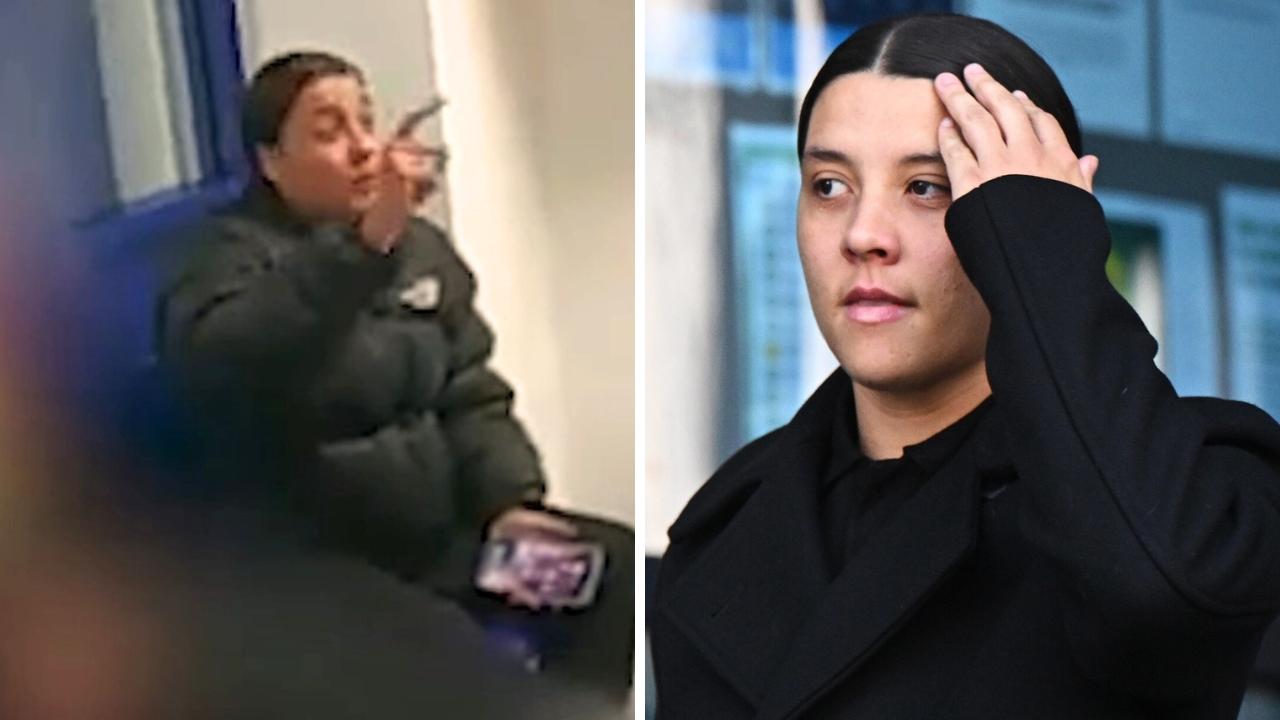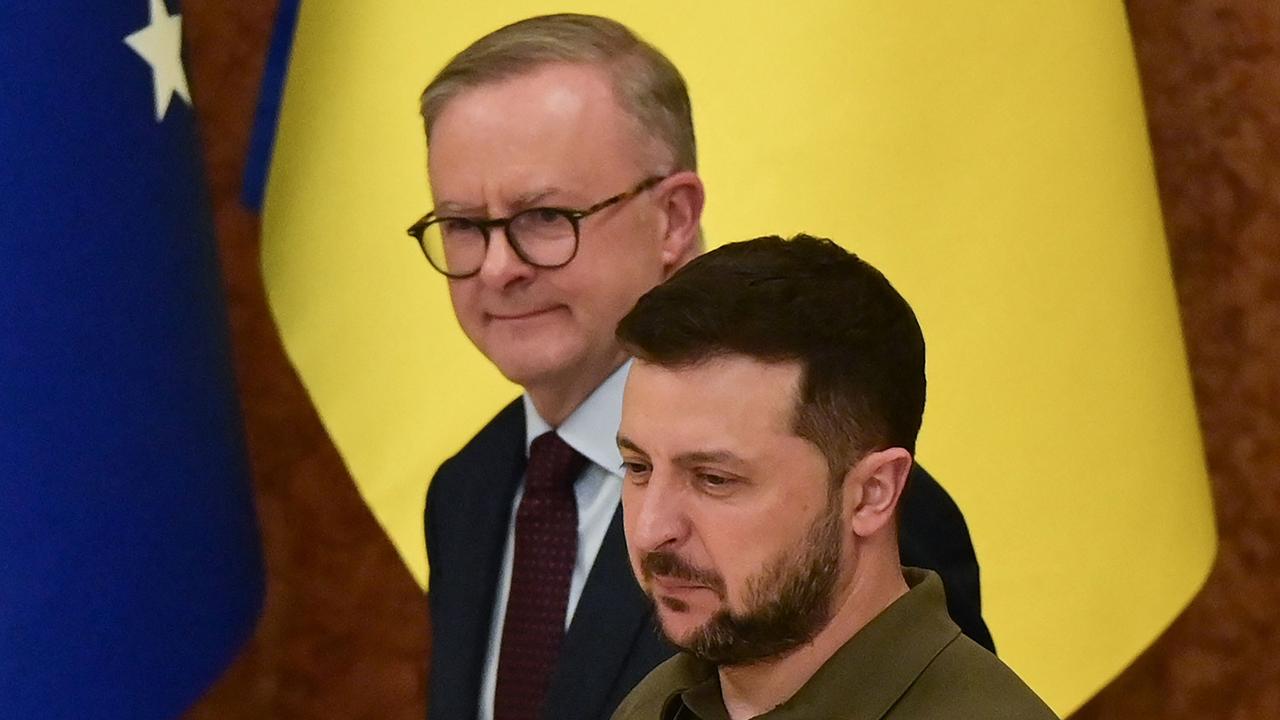Cyber-attacks, chartered flights and bomb threats: Russia accused of ‘massive’ election interference
An eerie clip showing a chartered plane full of expats, being flown home to vote, proves “massive” alleged election interference by Russia.
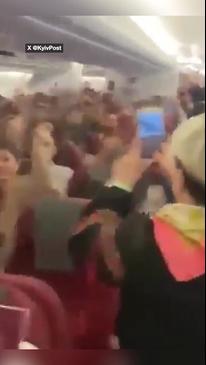
Russia has been accused of “massive interference” in Moldova’s crucial presidential election, involving bomb threats, vote-buying and hacking attacks in support of a Kremlin-backed candidate.
A jaw-dropping video purporting to show a chartered flight packed full of overseas-residing voters ‘confirms’ a major last-minute push to ensure Vladimir Putin’s plot succeeds, according to reports.
It’s just one of the extraordinary attempts by Russia to sway the outcome of the crucial presidential election, authorities claim.
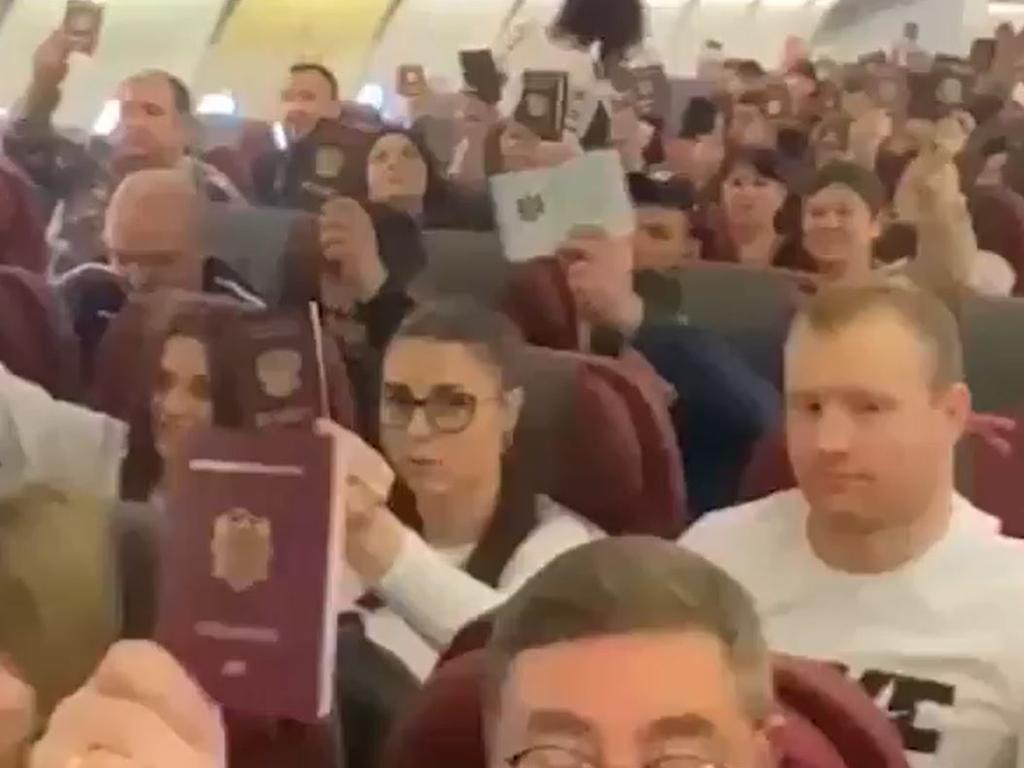
President Maia Sandu began talks with the European Union about her country joining the powerful bloc, sparked by growing fears Moldova is in Putin’s sights.
The small and poor farming nation neighbours Ukraine and was part of the Soviet Union until the early 1990s.
Within hours of polls closing, with 87 per cent of votes counted, former prosecutor general Alexandr Stoianoglo, representing the pro-Russian Socialist Party, was narrowly in the lead.
But late on Sunday evening (local time), she claimed victory with some 98 per cent of the vote counted showing she led her rival by 54 per cent to 46 per cent.
A little over half of the country’s eligible voting population took part.
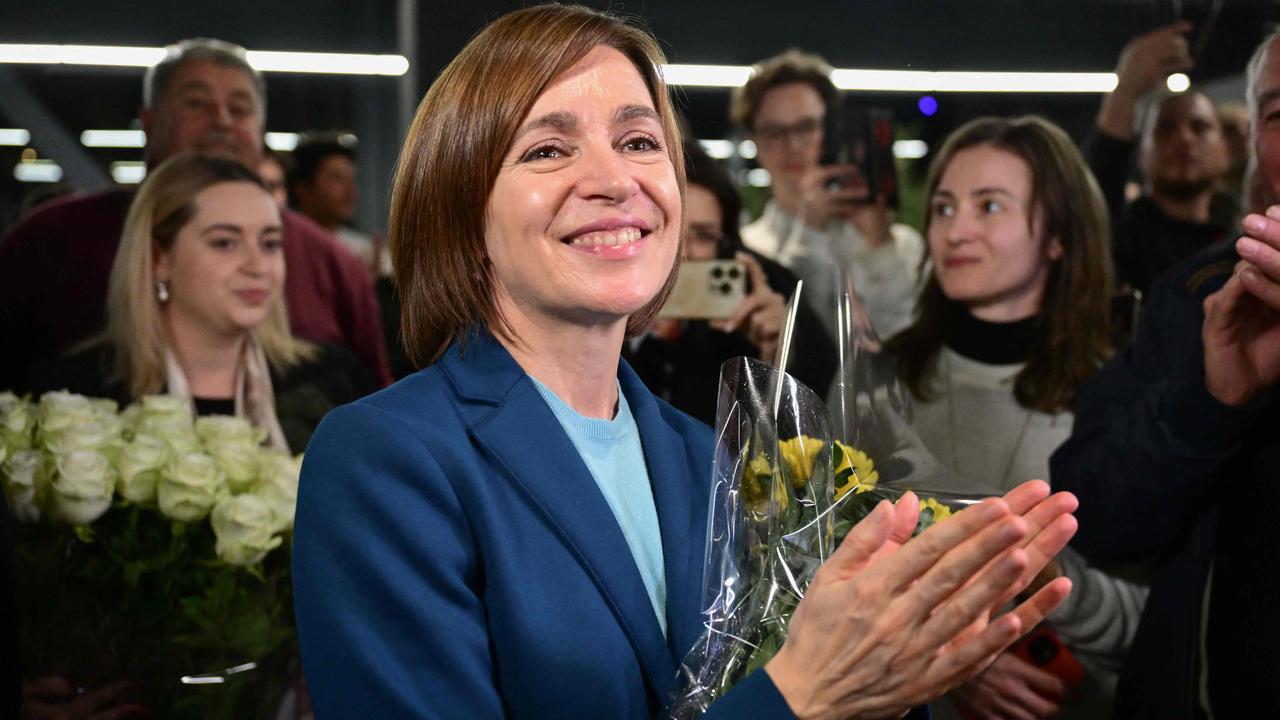
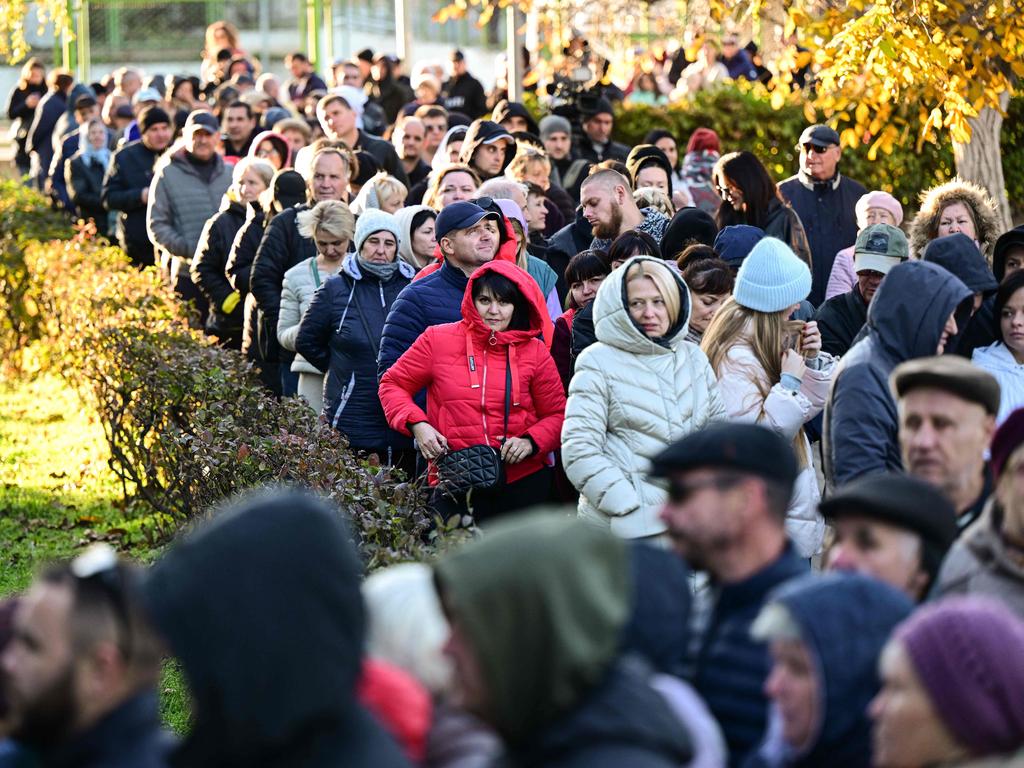
Russia has been accused of attempting to sway the election outcome by “buying” support for Mr Stoianoglo and intimidating voters.
The foreign ministry on Sunday said overseas voting booths in Frankfurt in Germany as well as Liverpool and Northampton in the United Kingdom, catering to expat citizens, had been the target of bogus bomb threats “intended only to stop the voting process”.
Stanislav Secrieru, national security adviser to Ms Sandu, wrote on X, formerly Twitter: “We are seeing massive interference by Russia in our electoral process.”
Such moves had a “high potential to distort the outcome”, Mr Secrieru warned.
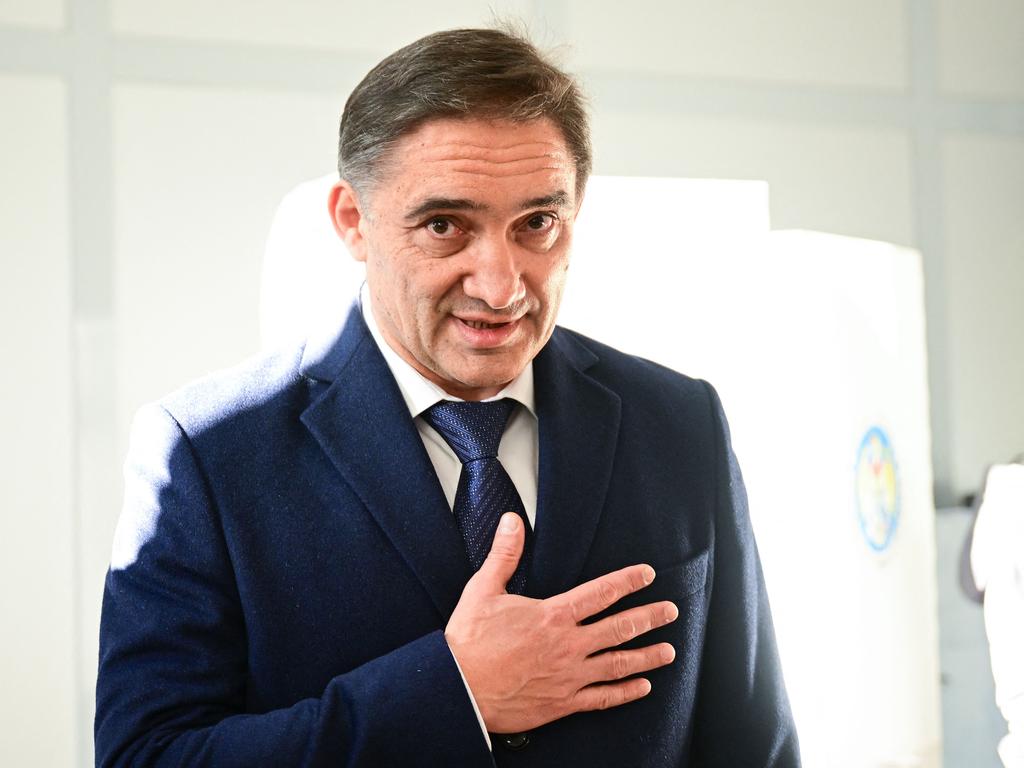
As polling began, police said “reasonable evidence” indicated voters had been transported to voting stations both in Moldova and abroad.
Startling vision obtained by Ukrainian newspaper the Kyiv Post purports to show a chartered plane full of Moldovan expats, all holding their passports up, bound for the capital.
“Not only busses (sic) but entire chartered planes full of Moldovan passport holders from all over the world are reportedly landing in Chisinau to vote for the pro-Russian candidate,” the outlet reported.
In a statement, the national police said it was “investigating and registering evidence in connection with air transport activities from Russia to Belarus, Azerbaijan and Turkey” – a move that’s illegal.
“Such measures are taken to protect the integrity of the electoral process and to ensure that every citizen’s vote is cast freely without undue pressure or influence,” it said.
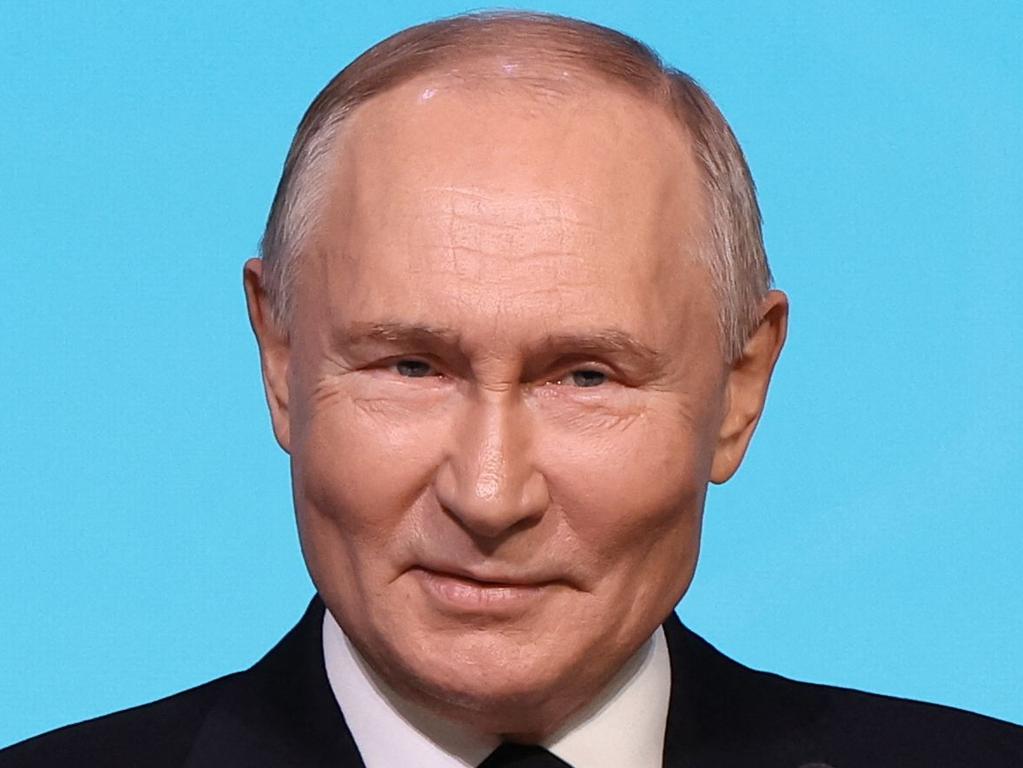
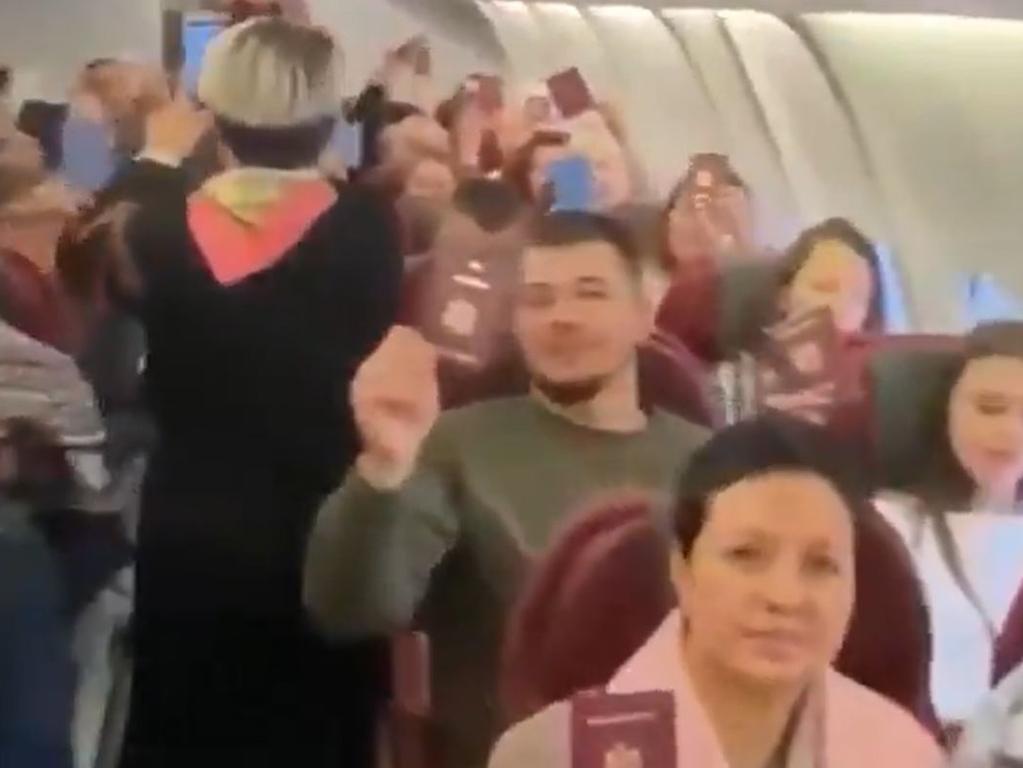
He later revealed that national voter record computer systems had been targeted by “ongoing co-ordinated cyber-attacks” in order to wreak havoc at polling stations.
And Moldovan Prime Minister Dorin Recean claimed voters across the country had reported receiving “anonymous death threats via phone calls”.
The “extreme attack” was designed to frighten voters and deter them from turning out, Mr Recean told local media.
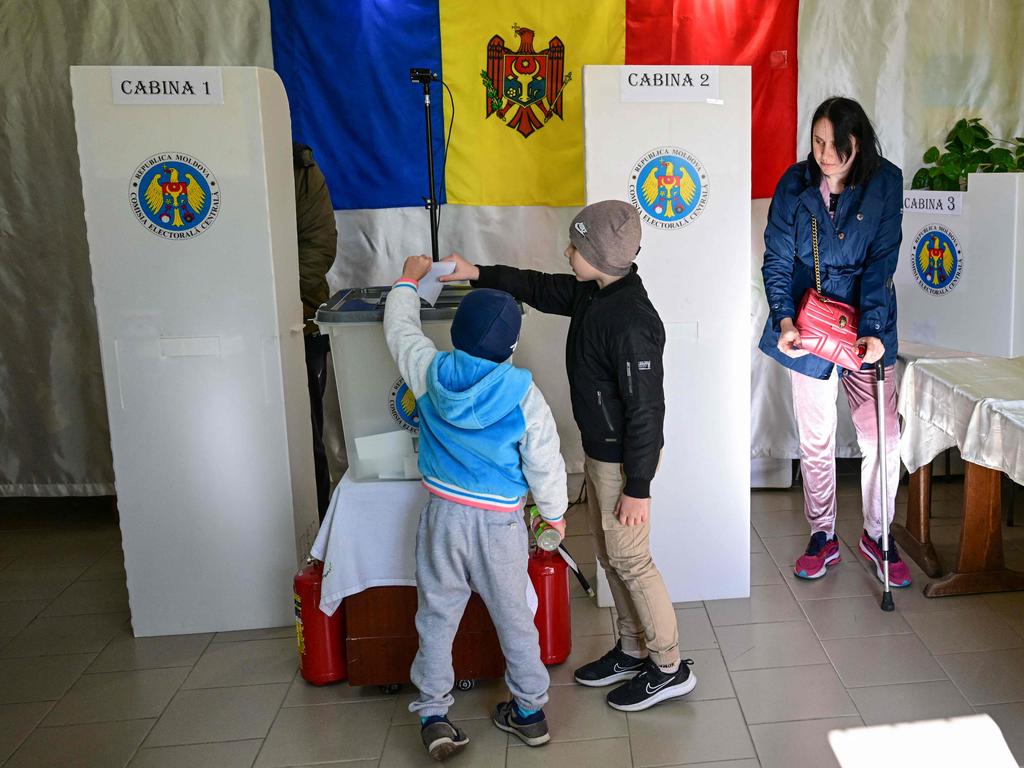
The Kremlin has also been accused of financing an alleged vote-buying scheme, orchestrated by an exiled Moldovan oligarch, who’s now living in Russia.
Investigators alleged Ilan Shor spent US$39 million (AU$59.1 million) to pay more than 130,000 Moldovan citizens, via a Russian bank, to vote for Mr Stoianoglo.
Shor, who was last year convicted in absentia of fraud and money laundering by Moldovan courts, has denied the allegations.
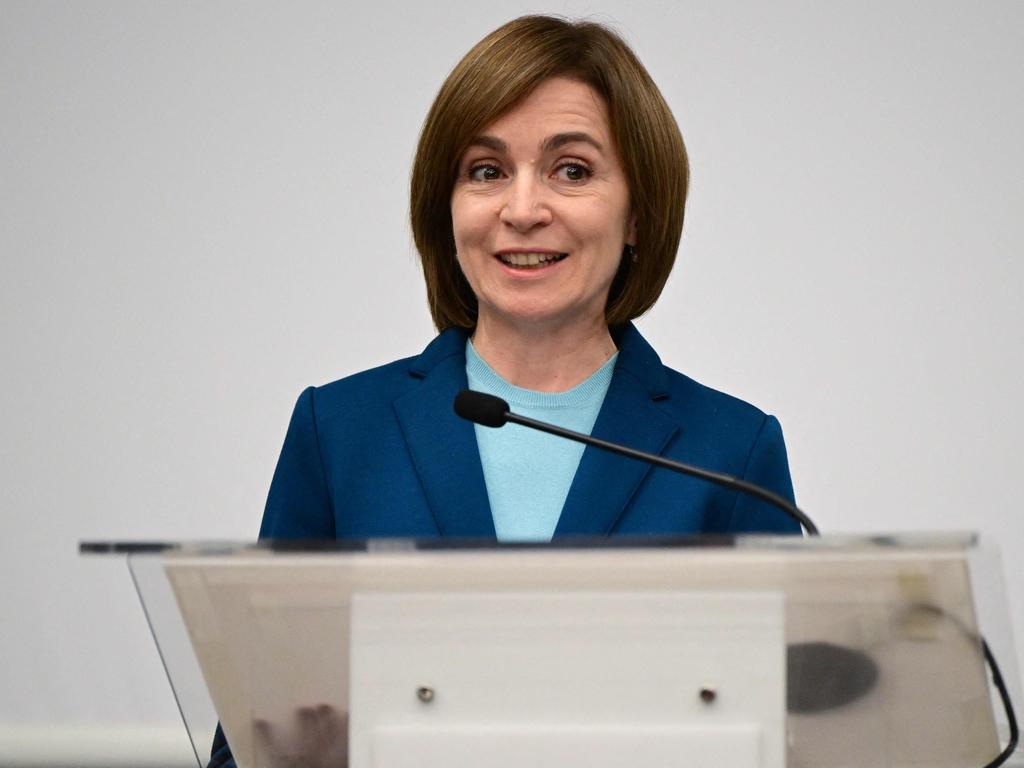
Should Ms Sandu lose, the country’s past towards EU membership would inevitably be severed, Cristian Cantir, associate professor of international relations at Oakland University, told Associated Press.
But he warned that either candidate’s win would “not deflate” geopolitical tensions.
“On the contrary, I expect geopolitical polarisation to be amplified by the campaign for the 2025 legislative elections,” Mr Cantir said.
When Russia orchestrated its full-scale invasion of Ukraine in 2022, Moldova urgently applied to join the EU, in large part to seek protection from Putin’s forces.
The EU granted the country, with a population of about 2.5 million people, formal candidate status in June 2022 and a few months ago, commenced negotiations.
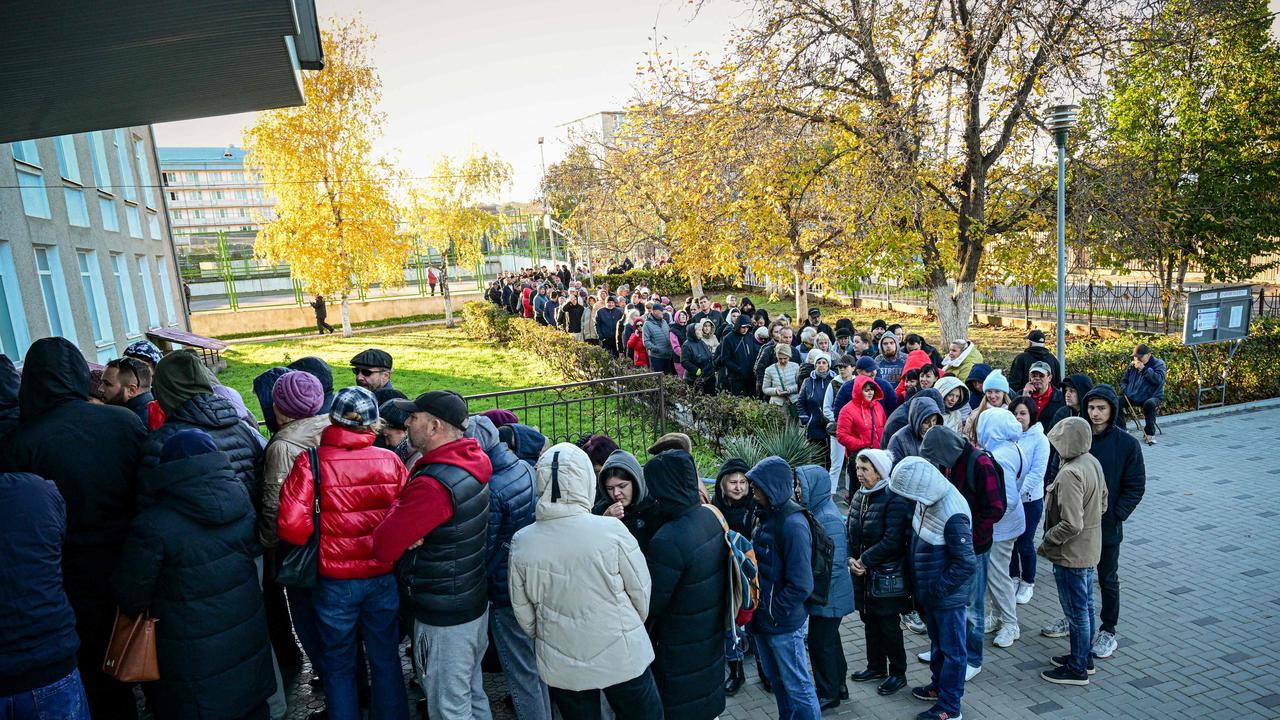
Authorities in Moldova say Russia has repeatedly attempted to wage a “hybrid war” comprising widespread disinformation campaigns, protects by pro-Putin sympathisers, and vote-buying in other elections in the country.
Russia has denied it’s interfering in the country’s affairs.
After voting, Ms Sandu told awaiting reporters that election was arguably the most important in Moldova’s short and fragile history.
“Today more than ever, we must be united, keep our peace, keep our vote, keep our independence,” she said.
“Thieves want to buy our vote, thieves want to buy our country, but the power of the people is infinitely greater.”





